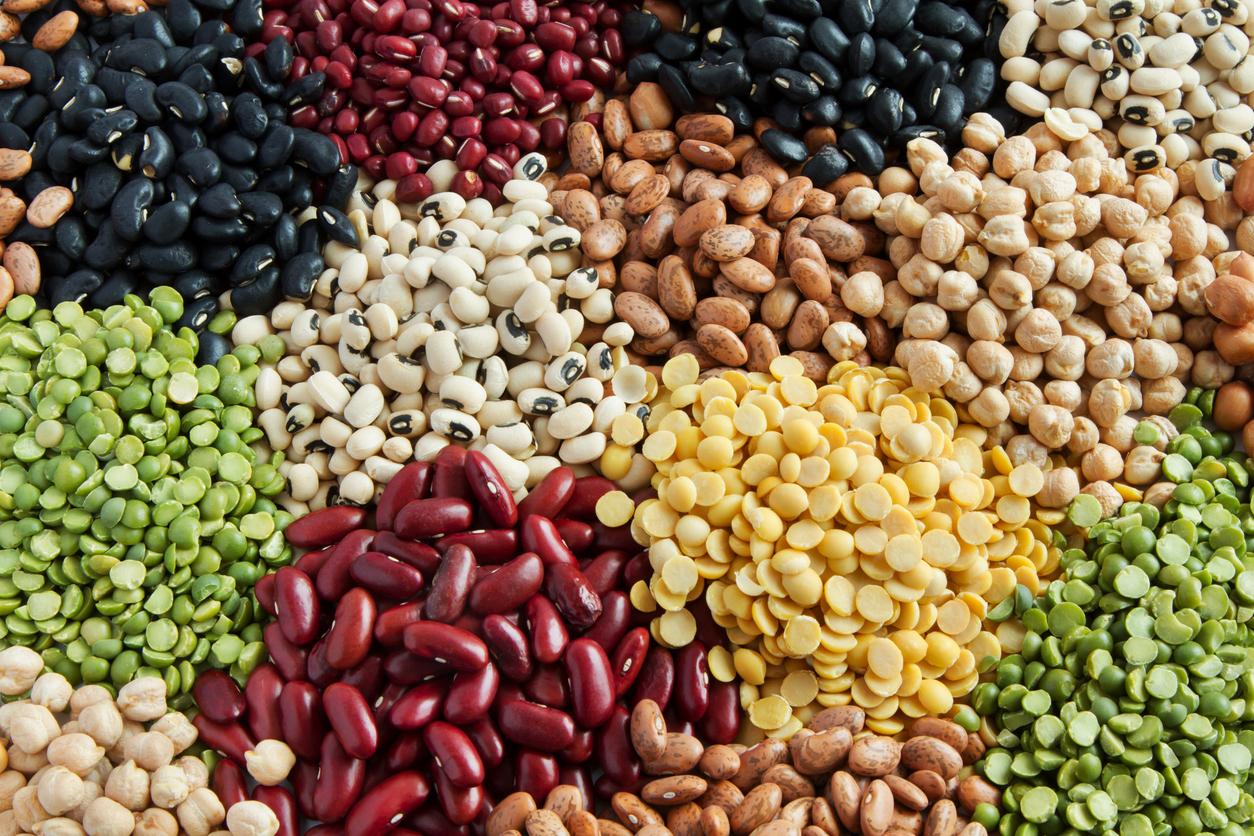
February 16, 2010 – Cutting saturated fat from your diet does not reduce your risk of having a heart attack or stroke, or even heart disease. This is the astonishing conclusion drawn by a team of American epidemiologists, whose study was partly funded by the National Dairy Council of the United States.
The researchers compiled data from 21 major scientific studies and looked at the links between diet and heart health. In total, these studies made it possible to follow 347,747 adults aged 30 to 89, for 5 to 23 years.
What we have long been told
Saturated fat is mostly found in foods derived from animals, such as meat, poultry, eggs or dairy products. Cream or beef rib eye, for example, increases the level of “bad” cholesterol (LDL) in the blood. This deposits on the surface of the arteries, causing them to narrow and form plaques, pieces of which can break off and create clots that can block circulation. At least, that’s what we’ve been told for years …
What we are being told now
It is now known that LDL cholesterol is made up of particles of different shapes and sizes. Especially the smaller, denser particles are more likely to form plaques and affect cardiovascular health. Larger, softer particles are much less harmful. But here it is: according to the latest research, saturated fat is associated with the formation of this second type of particles.
According to American epidemiologists, the only studies that have shown a link between reducing saturated fat and better cardiovascular health are those where participants replaced saturated fat in their diet with polyunsaturated fat, found in fish, linseed or sunflower oils, for example. These fats are believed to help lower LDL cholesterol levels in the blood.
Replacing saturated fat with foods high in carbohydrates, such as bread, rice or pasta, would have no beneficial effect on cardiovascular health. On the contrary, in some cases, it could even increase the risk of having a heart attack or stroke.
The opinion of Dr Martin Juneau
 The Dr Martin Juneau, cardiologist at the Montreal Heart Institute, gives great credibility to the study of American epidemiologists. He himself revised last year all the scientific literature published since the beginning of the 20e century on diet and cardiovascular disease risks. He “fell out of his chair,” as he put it. “How come so many of my colleagues believe strongly in the link between saturated fat and cardiovascular disease? He wonders.
The Dr Martin Juneau, cardiologist at the Montreal Heart Institute, gives great credibility to the study of American epidemiologists. He himself revised last year all the scientific literature published since the beginning of the 20e century on diet and cardiovascular disease risks. He “fell out of his chair,” as he put it. “How come so many of my colleagues believe strongly in the link between saturated fat and cardiovascular disease? He wonders.
The pharmaceutical industry lobby, whose members make their fortunes from the sale of statins (drugs that lower blood cholesterol levels), would be no stranger to the situation. “Selling statins is good for everyone,” says Dr.r Juneau. This suits the pharmas of course, but also the business of researchers who receive grants from manufacturers and publishers of scientific journals who sell them full pages of advertising. “
In light of the scientific data, the Dr Juneau has stopped prescribing statins for primary prevention, that is, to his patients who have never had a heart attack or stroke in the past. However, he continues to prescribe them as secondary prevention to patients with heart disease. “But I remain on the lookout for new scientific data,” he emphasizes.
The cardiologist believes that the epidemiological study shows how much of a complex science diet is. “You can’t just target one food category and think you can solve everything,” he says. He recommends that his patients follow a proven diet, such as the Mediterranean diet, which is rich in fruits and vegetables, fish and nuts. “It’s the whole diet that needs to be changed. Not just an ingredient. “
Dominique Forget – PasseportSanté.net
1. Siri-Tarino PW, Sun Q et al. Meta-analysis of prospective cohort studies evaluating the association of saturated fat with cardiovascular disease, Am J Clin Nutr. 2010 Jan 13.














